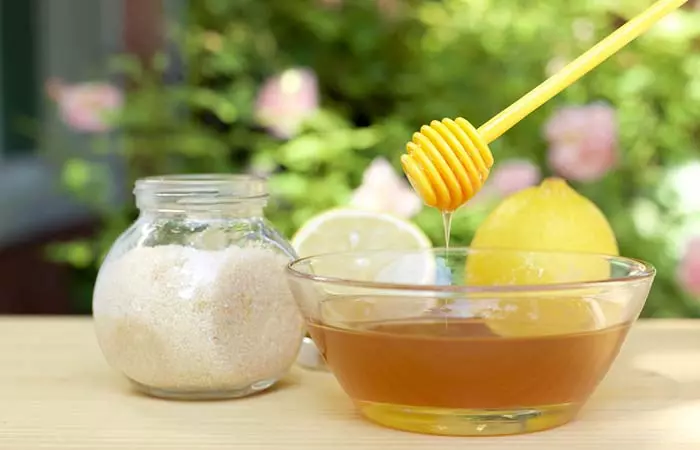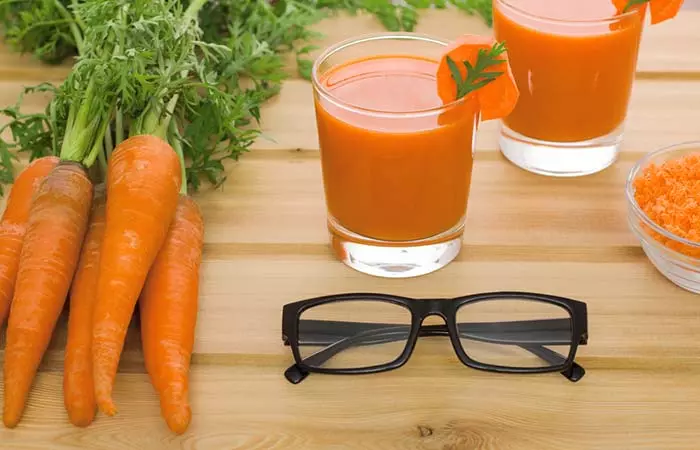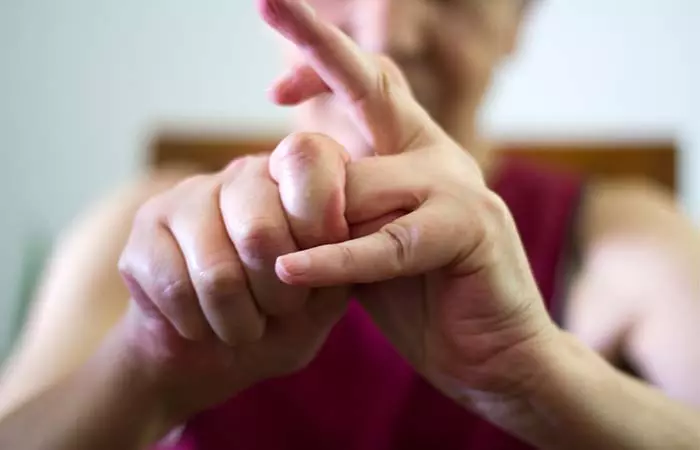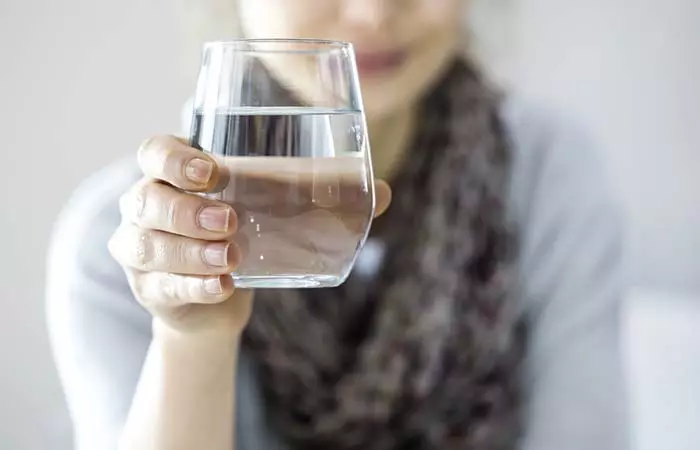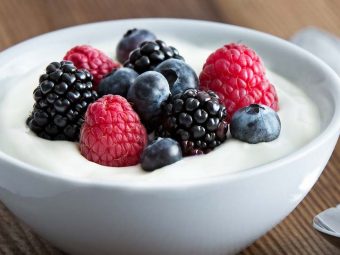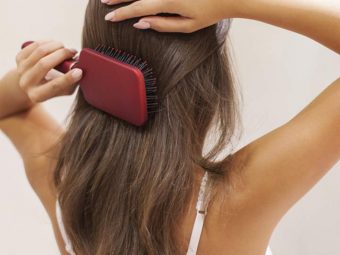6 Medical Beliefs That Were True But Are Now False

Image: Shutterstock
Do you think honey is a healthier alternative over sugar? We’re sorry to break your heart guys, but honey has an equal number of calories as sugar. Just like you thought otherwise, we are programmed to believe certain things that we’ve been told through our growing years. So much that, we end up adopting practices and beliefs that are probably wrong. Some popular medical myths have been passed on for generations and have made a comfortable space for themselves in our lives.
However, as the quest for knowledge continues, science has shed some light on the dubious credibility of these myths and substantiated with research and studies. We have jotted down a list that takes a look at the medical falsehoods that have been around for quite some time now and busted those myths for you.
1. Men Can’t Have Breast Cancer
We think that the anatomy of the body keeps men safe from breast cancer. But, unfortunately, that isn’t the case. Breast cancer is not limited to women alone. Men also face the risk of being affected by breast cancer (1). However, it is not as common as it is among the women. Although men don’t have breasts, they aren’t devoid of breast tissue. The difference is that the tissues continue to grow in women, but not in men.
The underlying problem here is the fact that breast cancer in men is usually diagnosed much later than it is diagnosed in women. This makes it a risky affair, as the tumors can spread to the surroundings if it goes unidentified. The symptoms are the same as that for the women (2). Men who have a family history of breast cancer, history of radiation or a severe liver disease are more likely to fall prey to this cancer.
2. Honey Has Lesser Calories
No, honey, we’re sorry to tell you that you’ve been misled. As mentioned earlier, honey has more calories than sugar. A spoonful of honey is loaded with 64 calories as compared to 49 calories per tablespoon of sugar. Additionally, consuming too much honey can put you at a higher risk of type 2 diabetes, cardiovascular diseases, or obesity and weight gain. The effect of honey is the same as sugar on the blood glucose levels (3). So, if you’re diabetic, stay away from this liquid gold.
3. Carrots Provide You With Great Night Vision
This is a rather interesting myth, as it has some historical importance. The vitamin A in carrots makes it an excellent food for your eye-health, but they have no magical power to better your nighttime vision. That theory was just a ruse to keep the German pilots muddled during the Second World War (4). Confused? Even the Germans were! During World War II, the British air force often issued citywide blackouts to make it harder for the German planes to hit their targets. And while doing that, they hid a secret radar technology that helped them beat the Germans. The faulty carrot theory was just to put this critical technology out of sight.
4. Reading In Dim Light Can Damage Your Eyesight
Time and again, we have all been told by our elders not to read in dim light. While the conventional perception says that such habits damage the eyes, research has proven it to be false (5). Reading in dim light doesn’t make one blind or cause any long-term effects. It only strains your eyes, as your eyes find it difficult to focus in dim light, thereby causing temporary eye fatigue or blurred vision. Our eyes are like a camera, they need to adjust their vision to focus on the subject — our eyes adjust themselves to see clearly, which could sometimes give people a headache (6).
5. Popping Your Knuckles And Joints Causes Arthritis
The common claim that cracking knuckles or popping your joints causes arthritis is an arrow shot in the dark. The cracking sound is usually because of negative pressure that pulls nitrogen gas into the joints (7). The theories that explain the reason for knuckles to crack are plenty, but the fact remains that it doesn’t cause arthritis. This myth became a common tidbit of wisdom as those who suffered from arthritis found their joints cracking because of the damaged cartilage on the surface. However, this is an effect rather than a cause of arthritis (8).
6. Consume Eight Glasses Of Water Every Day To Stay Healthy
There is no blanket rule on the daily intake of water. The intake of water varies from person to person. The quantity of water consumed is determined by the environment the person is exposed to, the weather conditions, the amount of physical activity he or she engages in, and the nature of the diet. Additionally, the colorless liquid isn’t the only source of water that our body gets (9). The fruits, vegetables, and beverages we consume every day are also forms of water. So, drinking eight glasses of water even when not required can adversely affect the body with water intoxication or hyponatremia (10).
These preconceived notions bring us to a point of introspection. It’s a reminder that we may be unknowingly propagating myths that are masquerading as medical facts. Hence, we need to question their credibility before we unwittingly give in to the falsehoods that have been around for a while now.
Are there are any such beliefs that you have come across? Tell us what they are in the comments below!


